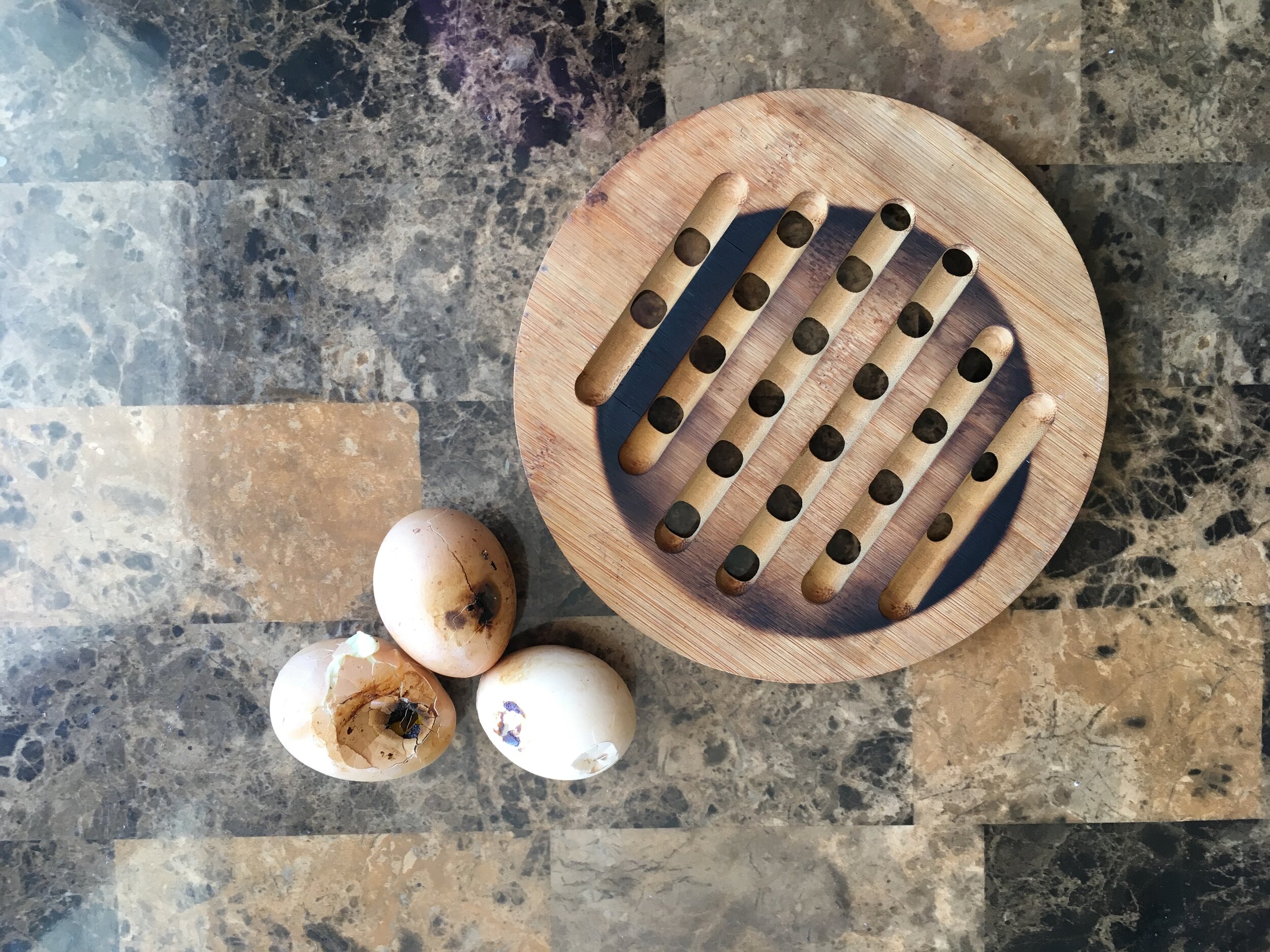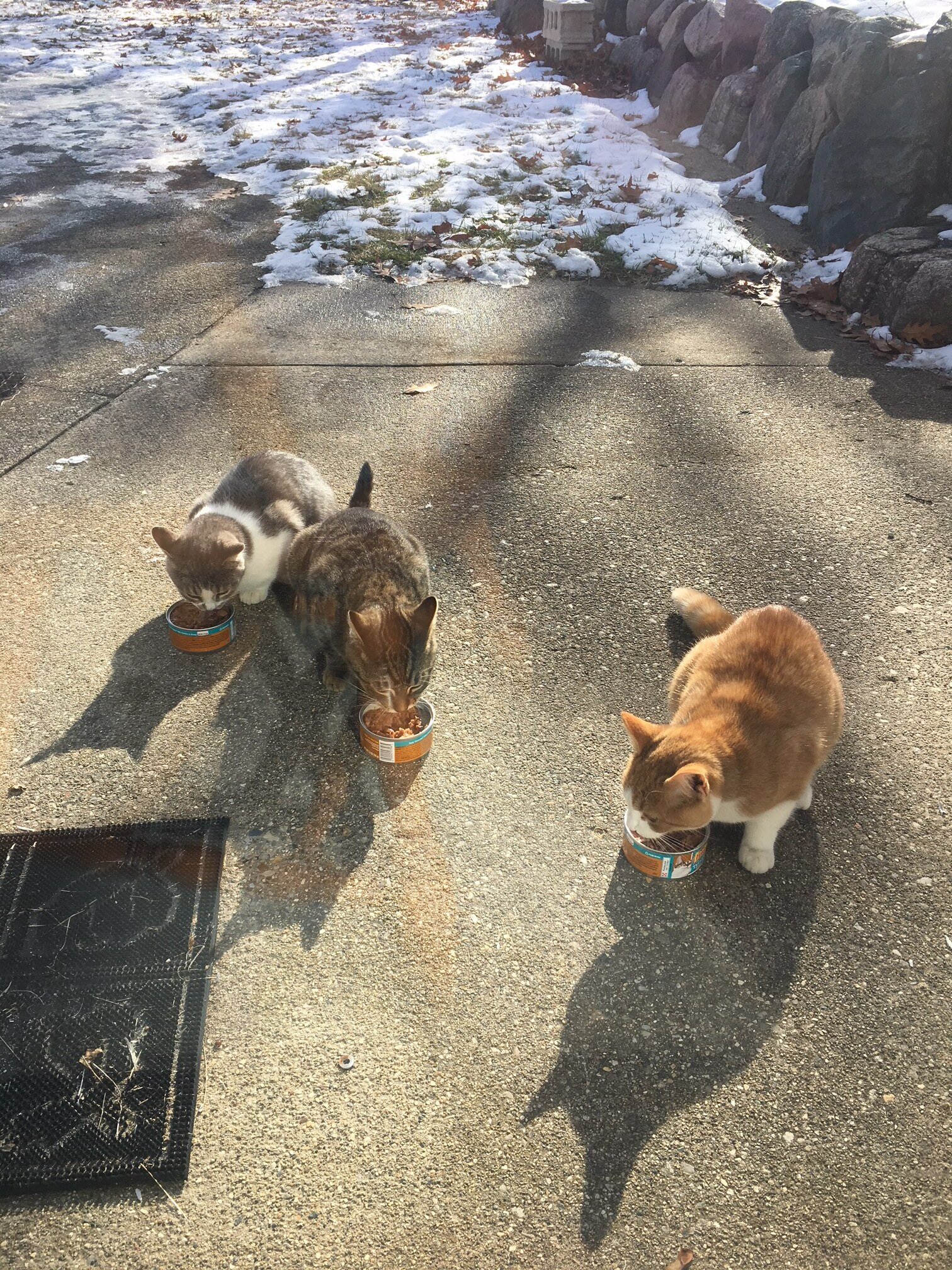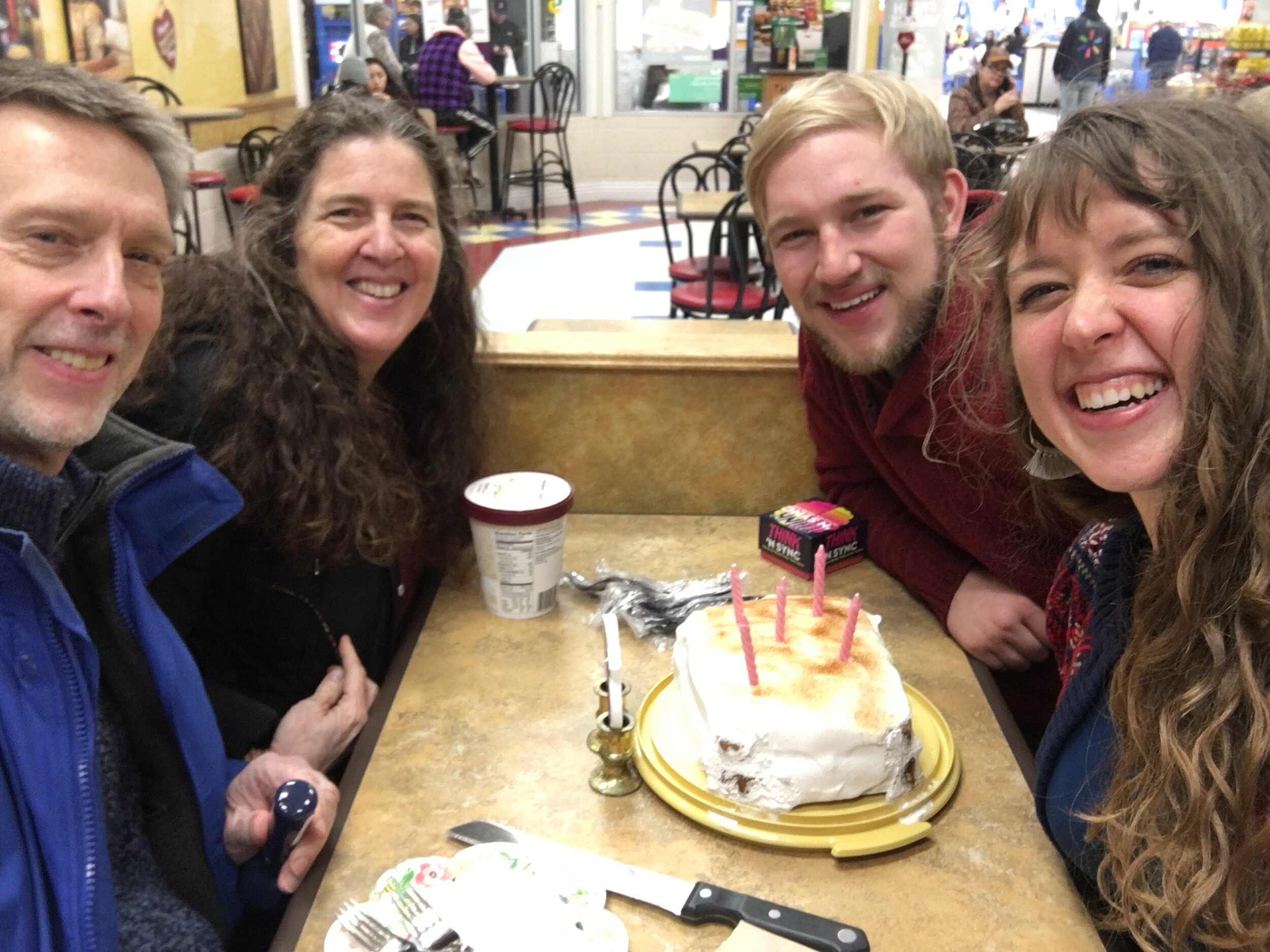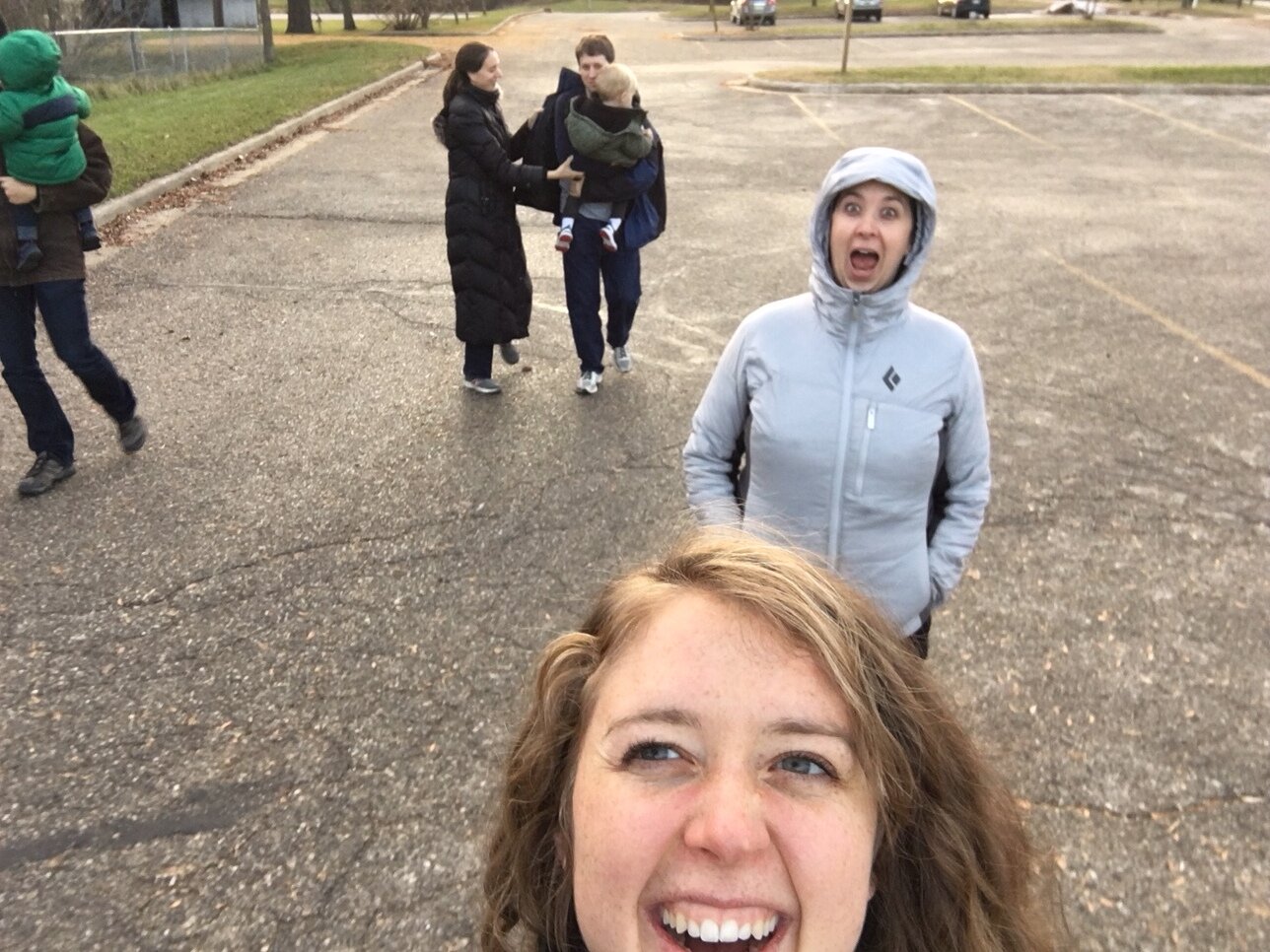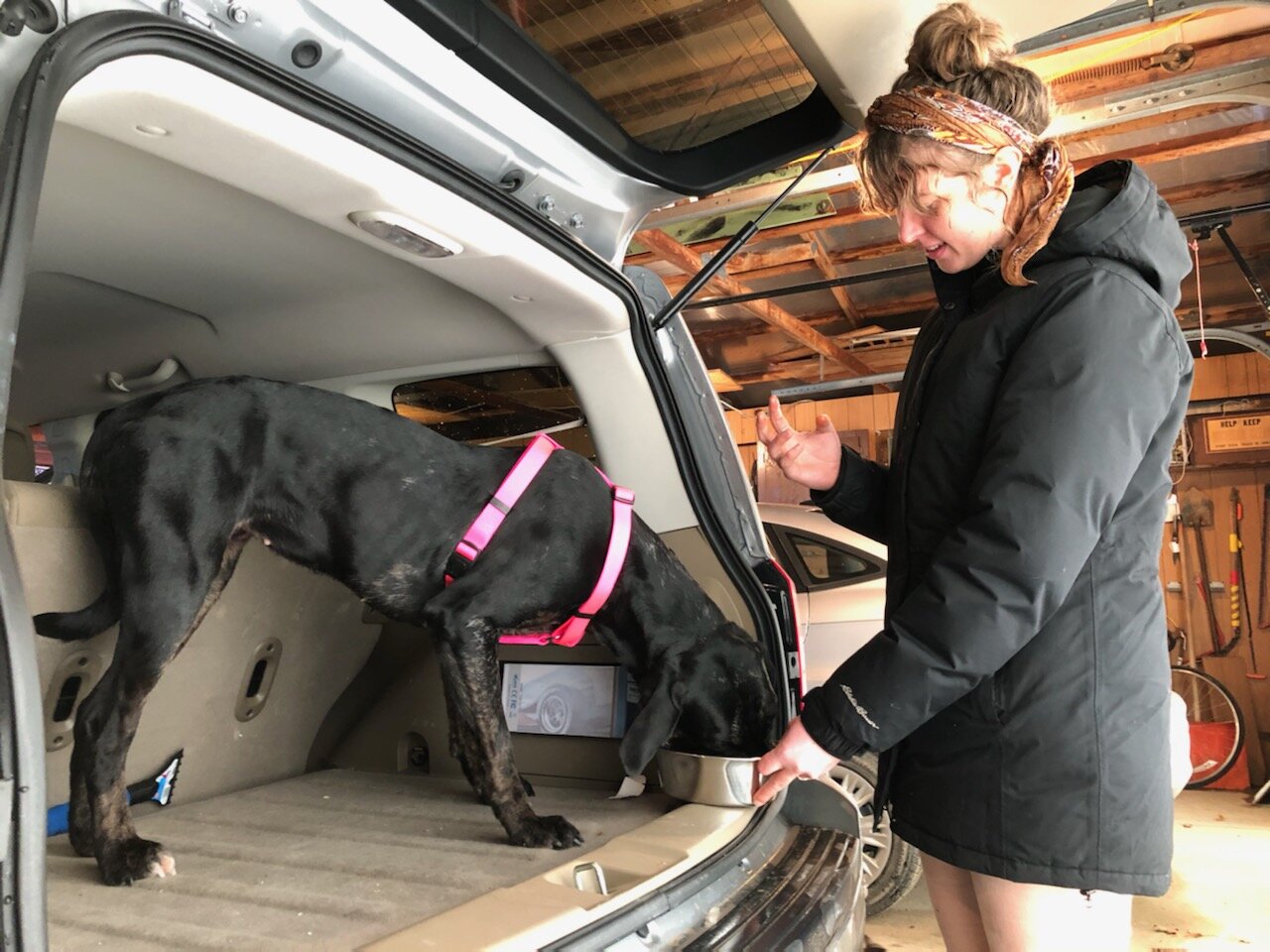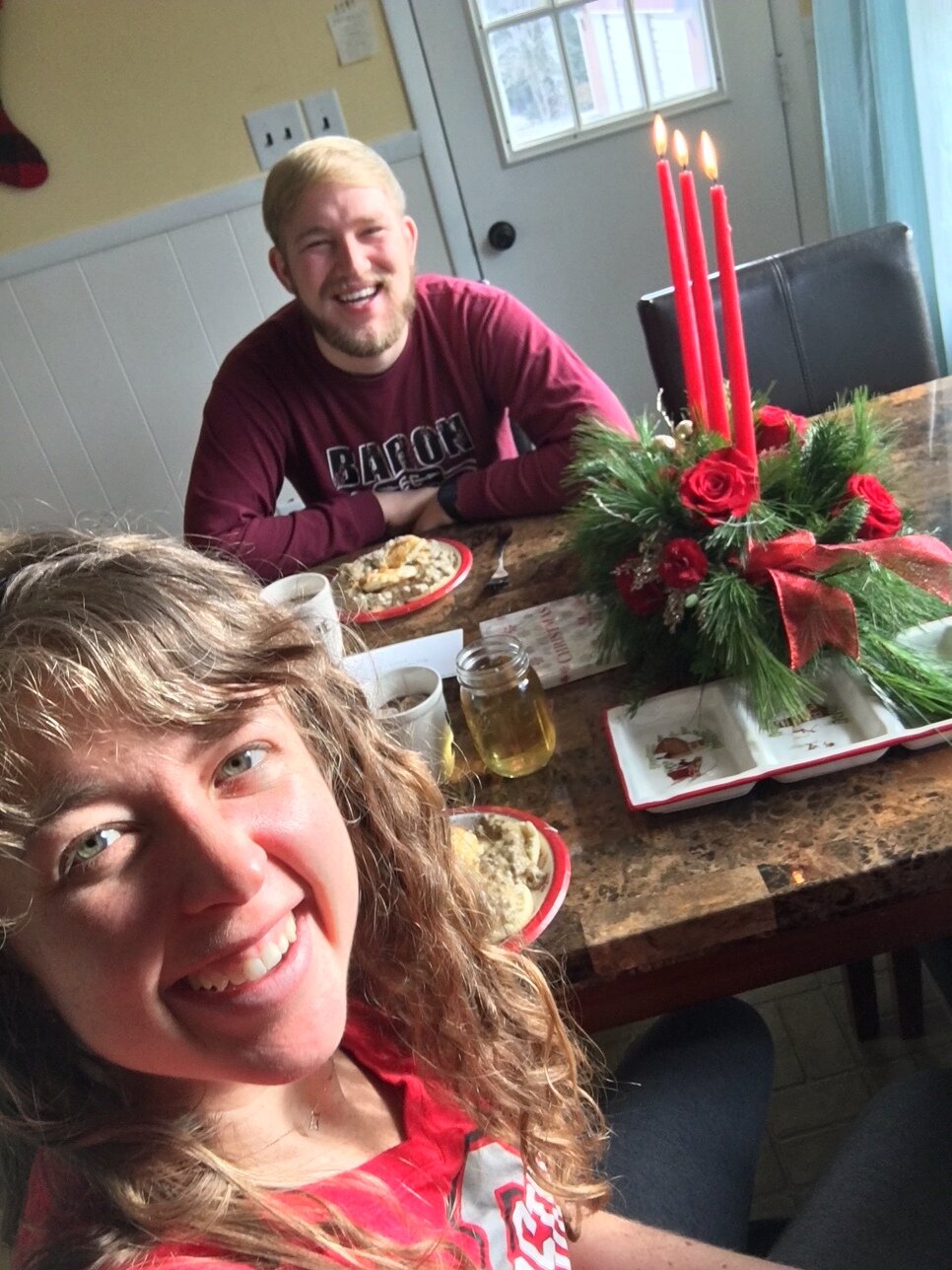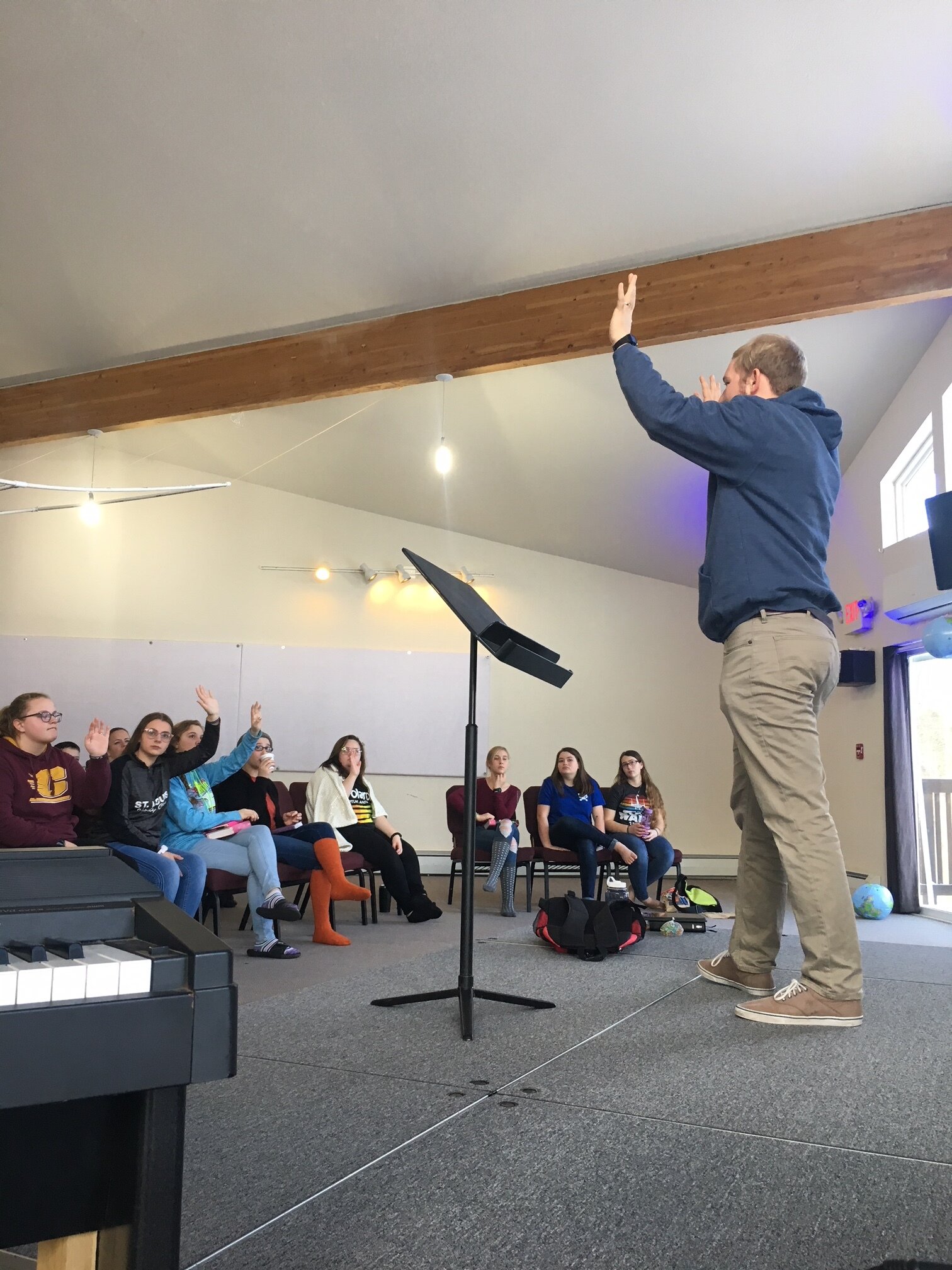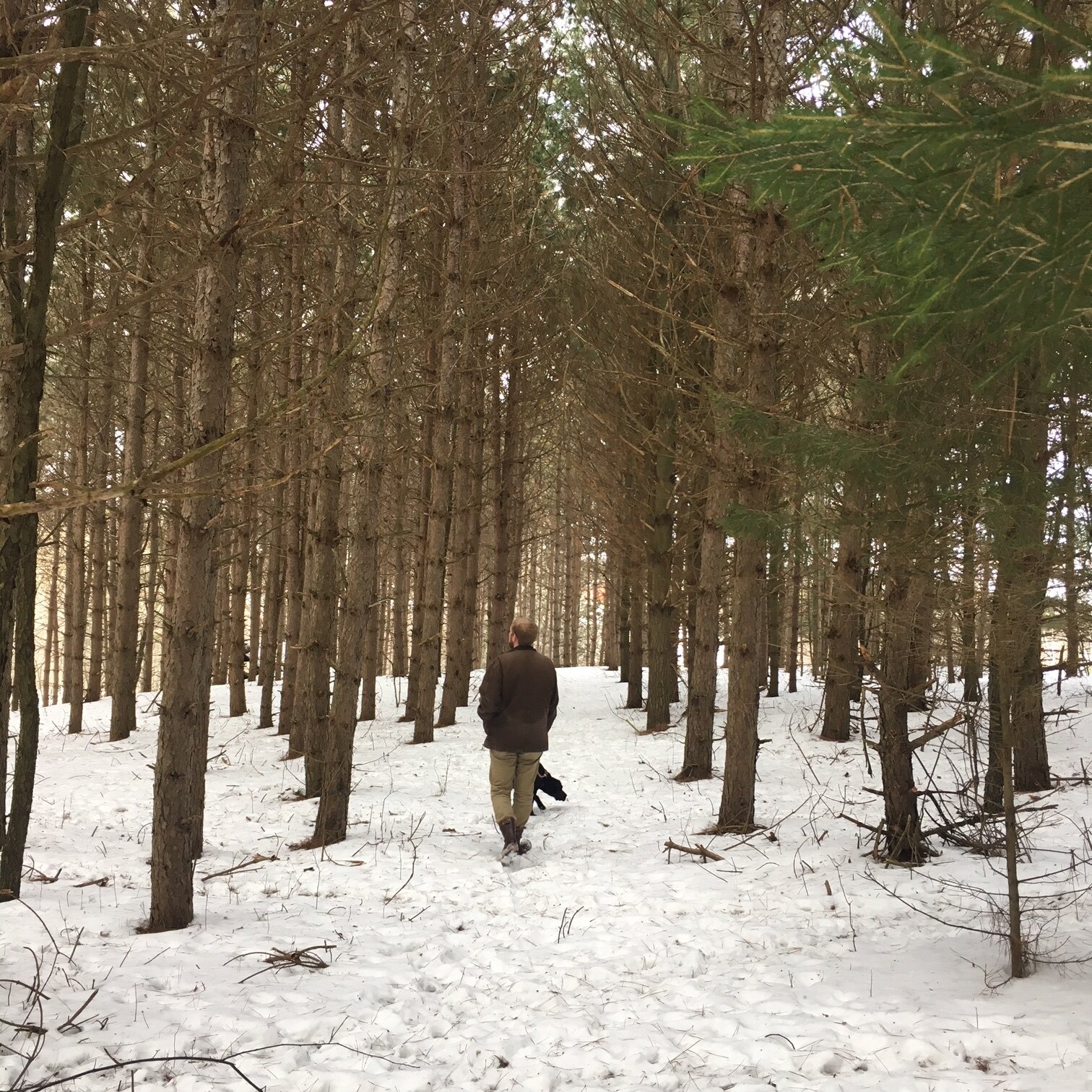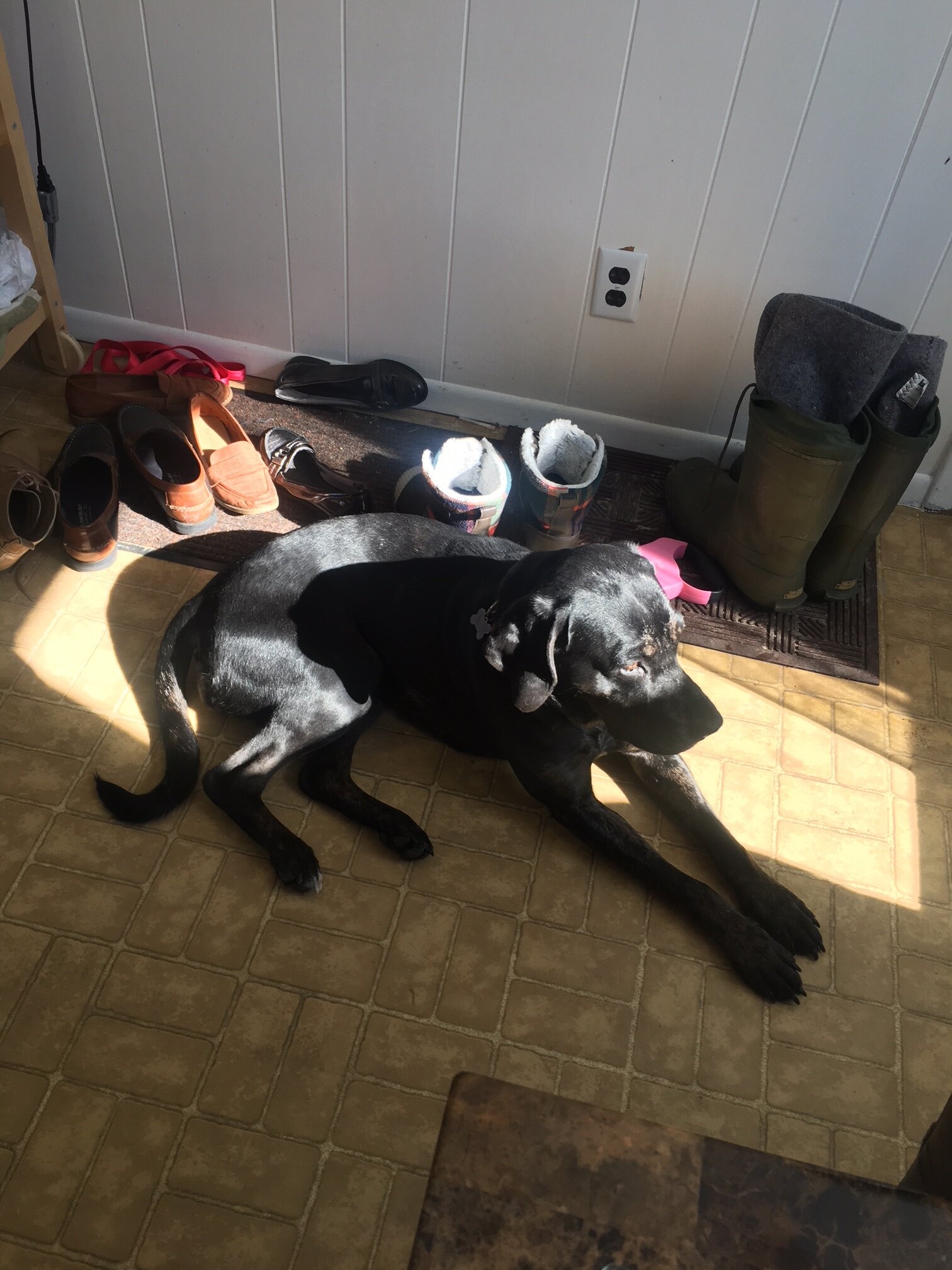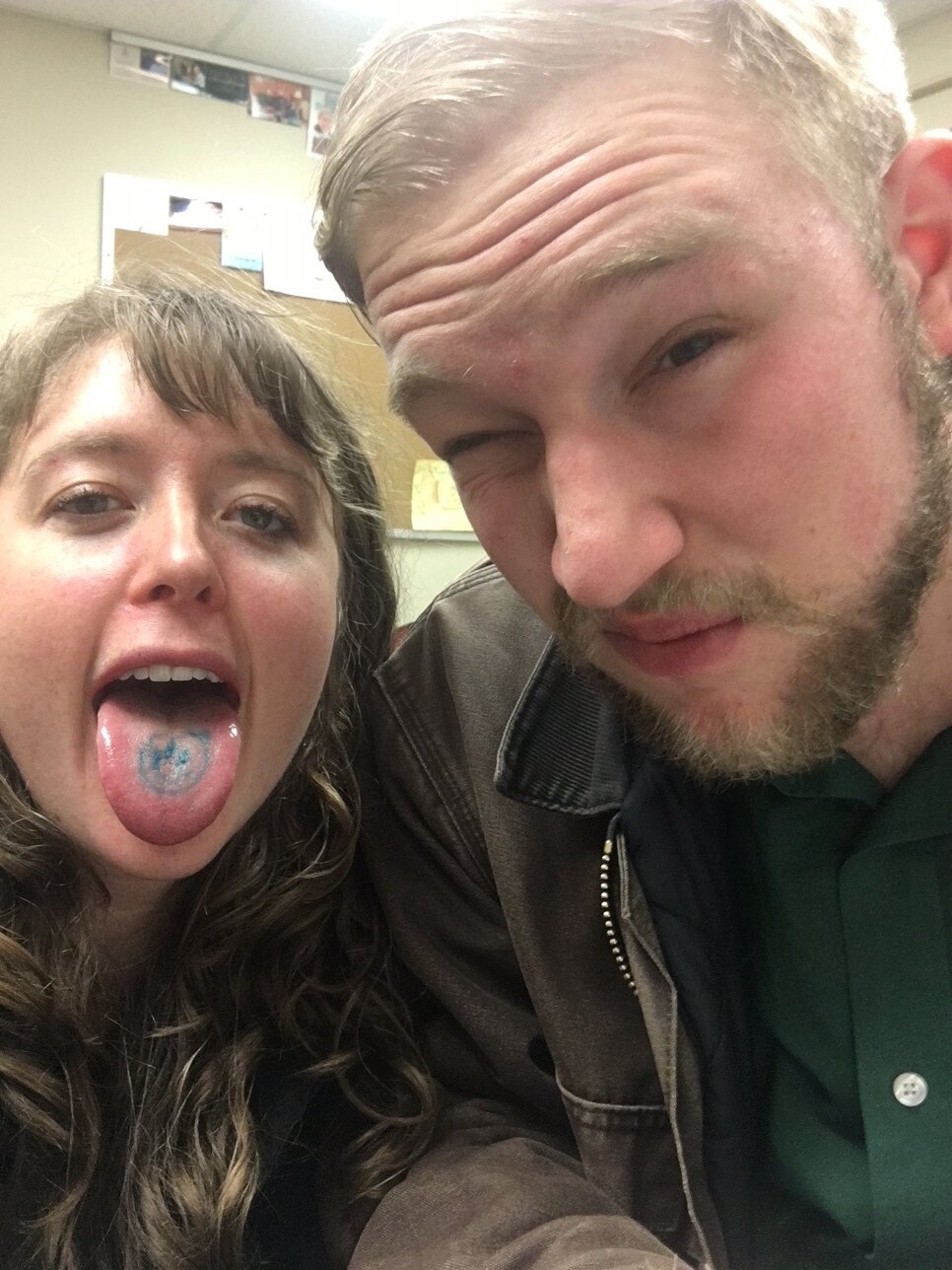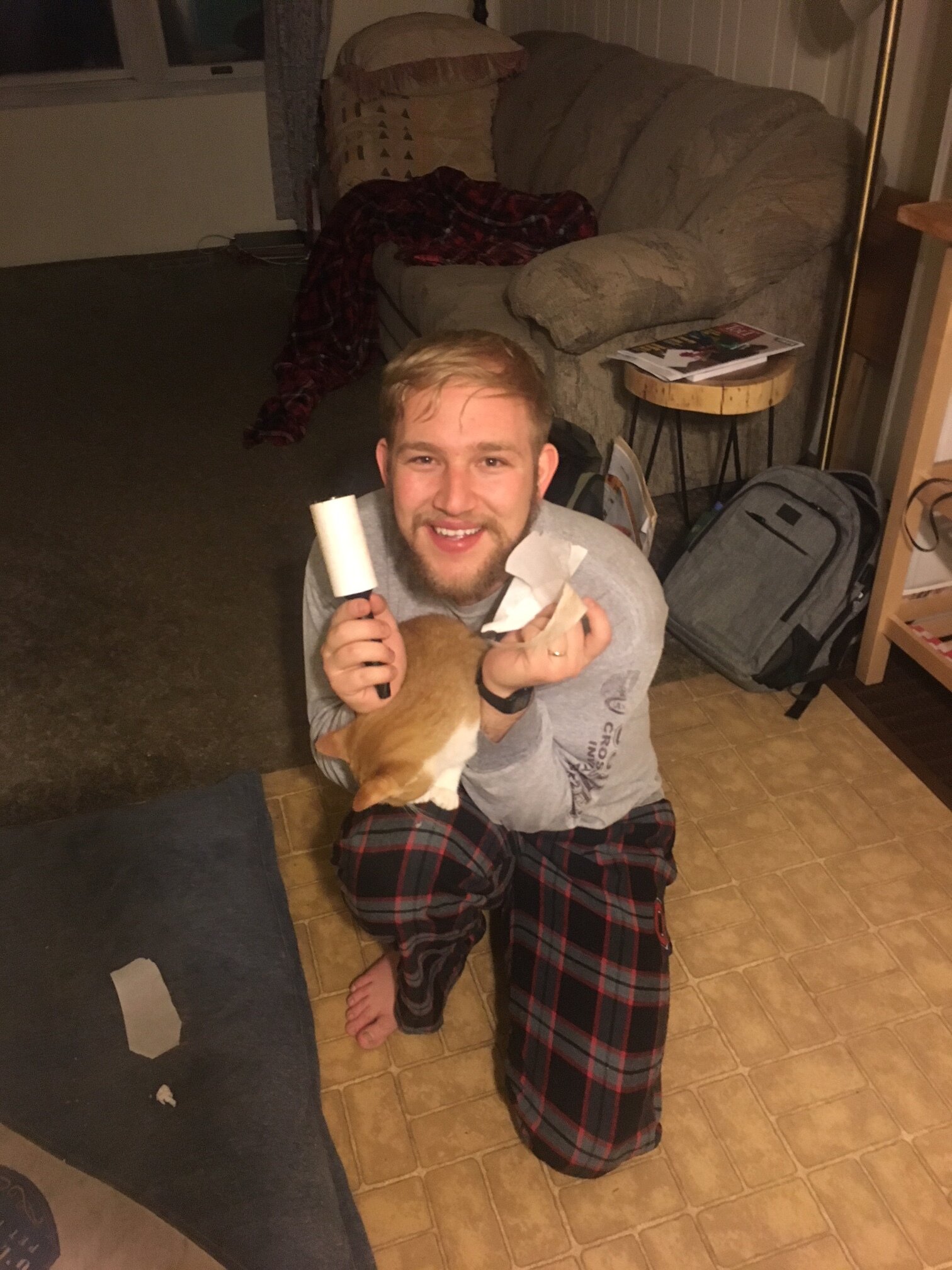PSA: Few things are happier than a freshly walked Sunday with her head stuck out of the car window. Also, somehow it took me 25 years to discover how much a hot, thirsty dog can slobber.
Episode Let’s Take a Drive Just for Fun, featuring Sunday, AKA the slobberiest, friendliest black mutt
In other news, my new glasses came in today. I decided that, for the rest of my glasses-wearing life (so, potentially forever, unless someone wants to sponsor my LASIK surgery), I’ll probably get brightly colored frames.
As I told Curtis (he’s very wonderful), “People usually assume that if you have colorful glasses, you’re a little weird. And I’m a little weird. So why would I mind people knowing?”
In which I realize that my two front teeth are not exactly the same size—and now you’re looking. But mostly, THE NEW FRAMES WOOT WOOT
On a less newsy note, I’ve been thinking a lot about Psalm 16:6 lately: “The boundary lines have fallen for me in pleasant places; surely I have a delightful inheritance.”
Boundary lines determine a lot. Where you can go, and where you can’t. Where it’s safe and where it’s not. Often, boundary lines are marked by fences that keep the good in and the bad out. They can mean a lot of other things for us too—where we live, what we do, how we spend our free time, even what happens to us outside our control—some things that we see as positive, others that we see as negative. But at the end of the day, whether we view them as beneficial or annoying, boundary lines exist for each of us.
And that’s good.
A life lived without boundaries is a life headed toward disaster, like a car careening off the edge of a narrow mountain road with no guardrails. It’s natural for us to want our boundary lines drawn in easy places. We’re happy to keep the rules if they’re not hard, and we’re glad to go through something as long as it’s not too challenging.
But as I’ve thought about it, I’ve realized that perhaps that’s the wrong view. The space inside my boundary lines may be pleasant, but that doesn’t mean it will always be easy—but after all, the lines are there to keep me safe, whether or not I understand them.
The sheep might want the greener grass on the other side of the fence, but the wolf on the other side would make a quick dinner of them the minute their hooves hit the ground on the far side. My boundary lines may fall in pleasant places (they certainly have) and I’ll have a delightful inheritance, but there’s no promise that life will be easy inside the lines. And sometimes, it’s really not.
But there’s eternal safety and a delightful inheritance in store, so even when the boundary lines are hard, living in them is worth it.





